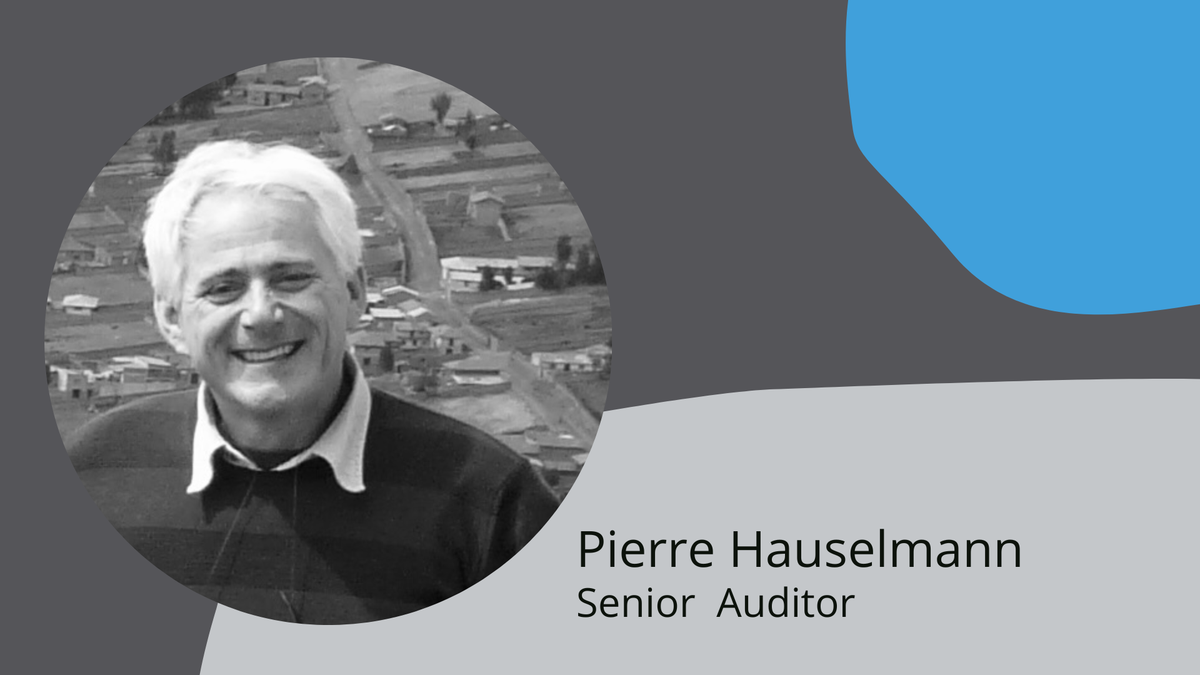Pierre Hauselmann

Pierre Hauselmann is Partner at Pi Ethics and Compliance, a consultancy firm based in Switzerland. Until June 2022, he was the first Executive Director of the Humanitarian Quality Assurance Initiative (HQAI). He is now a senior auditor for HQAI.
Pierre holds a MSc. in Environmental Management from the London University, with a focus on NGO management and auditing. Before being at HQAI, he was the Head of Verification at HAP International. He moderated the writing group that developed the final version of the CHS and is a member of the CHS steering group, tasked to manage the CHS revision.
Pierre has more than 25 years of experience in ethical standard development, certification and verification. He is a founding member of the Forest Stewardship Council (FSC) and collaborated with a number of schemes in the sustainable development sector, including Fairtrade and Social Accountability International. He participated as technical expert in the development of several ISO standards on environmental management in representation of the World Wide Fund for Nature (WWF) International.
French, English, Spanish and Italian
Objectivity, transparency, and accountability- it's an engine for continuous improvement.
Not one audit experience but an enthusiasm over nearly 30 years seeing how independent ethical auditing improves the situation for the people and their environment. Certification in particular, which is based on recurrent annual auditing, stimulates improvements that few, if any other tool manage to achieve. These improvements go from the macro level - an international organisation improves its processes to better serve the people - to the people. Of course the latter is the most rewarding. I remember the testimony of a women that an initial audit found that they were badly treated in the organisation they were working with. At the second audit they expressed their gratitude, saying that their condition had significantly improved thanks to the audit.